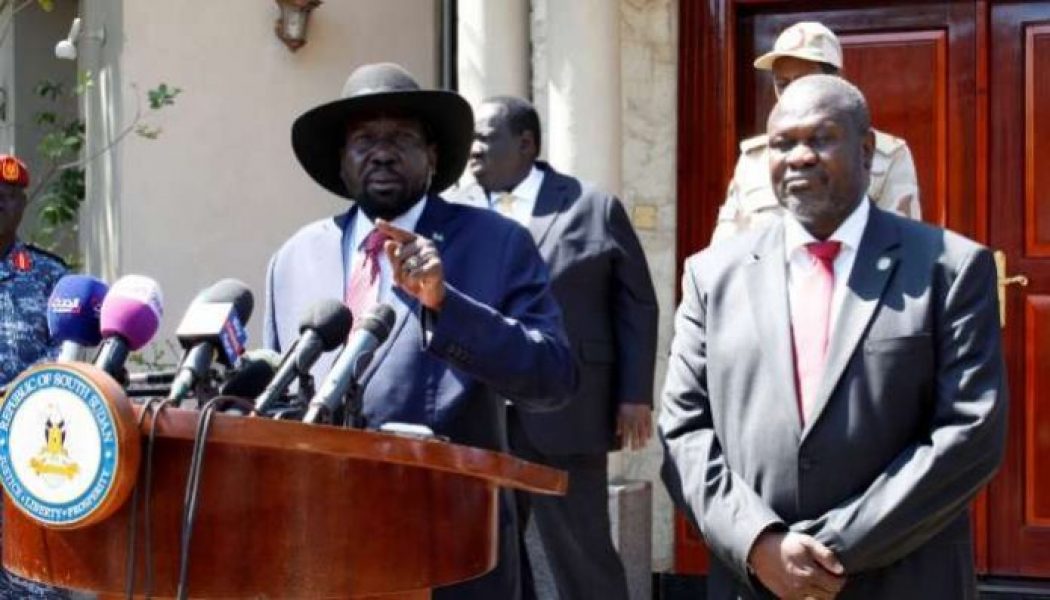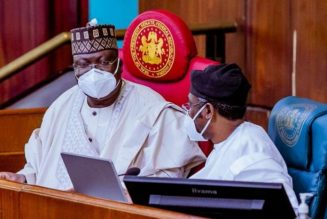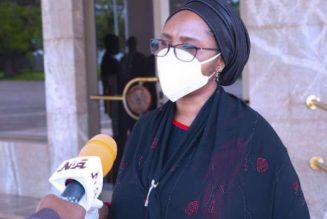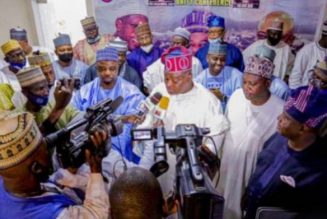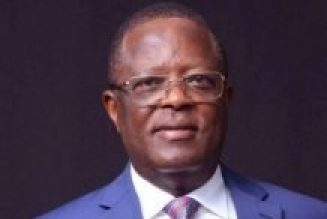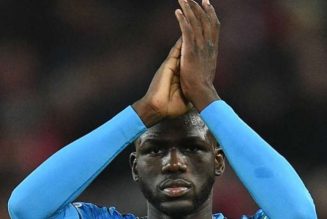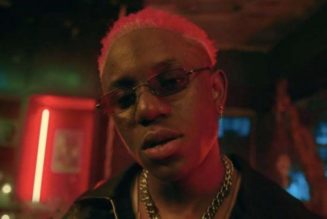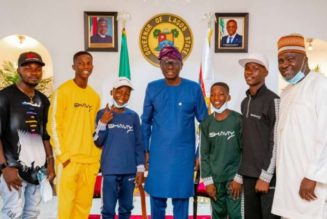
South Sudan’s main rivals were at loggerheads Friday over who will control the country’s 10 internal states, an issue that analysts and diplomats worried could jeopardise a power-sharing deal reached earlier this year.
President Salva Kiir and rebel leader Riek Machar, old foes whose fallout in 2013 sparked a civil war, agreed on February to form a new government after intense international pressure to deliver lasting peace to the conflict-torn country.
But while they managed to name a cabinet in March, they have yet to strike a deal on who can appoint governors to the states.
On Thursday night Kiir announced a breakthrough on the state’s issue, saying his party would appoint six governors while Machar’s would appoint three.
The remaining state would be governed by the South Sudan Opposition Alliance, a grouping of opposition parties.
But Machar responded with his own statement saying the purported deal was “not a decision taken by consensus”.
“As far as we are concerned the deadlock on the allocation of the states still stands,” the statement said.
South Sudan attained independence from Sudan in 2011.
The subsequent collapse of two previous political alliances between Kiir and Machar resulted in fighting that has left 380,000 people dead, millions displaced and an economy in ruins.
The latest accord followed a fresh peace deal and ceasefire in September 2018 that paused the worst of the fighting.
The East African regional bloc IGAD, which has played a key role in South Sudan peace talks, has stepped in again to try to resolve the dispute over the states, its executive secretary, Workneh Gebeyehu, said in a Twitter post on Friday.
Alan Boswell with the International Crisis Group, a conflict-prevention organisation, called for “quick action from regional leaders” to resolve the feud, which he described as the “biggest crisis yet” for the unity government.
“In the past, such disputes have sometimes hardened into new impasses if not quickly addressed,” he said.
